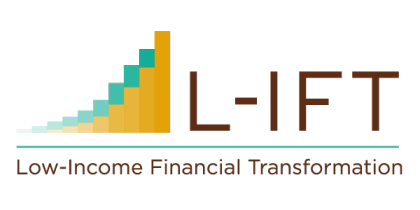Yosef
ET719
This respondent has worked for other organizations before he started his own business. Among these, he worked as a mechanical head (relatively the same position as his current business) in the Kality Food Share Company. He went to China for the purpose of selecting machinery to import to the company when he worked as a mechanical head at this company. The expense was covered by the company. The journey was for 13 days and he was able to observe how companies specialize and become effective. For example, in textile industries, bulk orders are coming and after only taking hours (within a short time difference after being ordered), the bulk orders are finished and supplied to customers through which specific parts of the products are produced by a single entity.
They started this business as an association with 10 members but some of them were unable to continue. They took an 80,000 ETB (1,558 USD) loan from a micro-finance institute named Addis Credit and Saving Institution. They were able to access this loan by taking permanent employees of organizations as a guarantee. This loan should be repaid on monthly basis. As the business was unable to cover the repayment amount, some members prefer to withdraw from the association. As a result, the remaining members incur additional interest and expenses.
According to the respondent, members should not be required to have blood relations and know each other. He favors the association because there will be a mix of backgrounds. They share their work with subcontractors who used to work for them but have now started their own business owing to the fact that they know their skills. The respondent faced difficulty when he gave sub-contracts to individuals who start working after returning from Arab countries (he does not know their skills before). Regarding inflation, whatever increase in the cost of production, there is no means to bargain with clients after the price is set. He frequently applies for bids but there is time he does not win throughout the year, for example in 2019. The training given by small and medium scale enterprises (government) encourages association (group work).
There will be two quality controllers, one from the client and one from the worker. Clients send or come with their quality checker on an unplanned date (suddenly). The respondent’s quality controller is not permanent but rather changed regularly according to the ongoing product type in order to meet the controller stream with the product he checks the quality of. There are also other ways of checking the quality of products i.e the workers check each other. As the task has processes (steps); cutting, welding, chipping (rasp), and painting. The painter corrects the prior step (one who rasps) if not correctly done before he starts painting. This is applied at all steps. If subcontractors made a defect or poor quality products, they should correct them or produce another.
He has an old model vehicle (1998) to be used as collateral. Credit purchase of raw materials from suppliers is very costly compared to full payment purchases. Raw materials which cost 100 ETB reach up to 150 ETB when purchased on credit. They have a female storekeeper who has a blood relation with the respondent.
They contribute according to their ability but not the same amount. Their business was promoted to a large and medium scale enterprise.
While he purchases raw materials on credit, he writes a cheque (but a nonsufficient cheque). Thus they have the power to force payment after six months as per the National Bank of Ethiopia’s directive. While they purchase inputs on credit, they do not set a repayment date, rather they immediately repay when they receive them from clients. But they do not take this mode of purchase if suppliers set an exact date for loan repayment because clients may not pay even after ordered products are delivered. As I shared before, they won bids announced by the Addis Ababa Mayor’s Office to make 2100 pairs of beds. The client did not pay 2.5 million ETB (48,690USD) even if all the products were delivered.
Firms from all parts of Ethiopia apply for bids. Recently, in a bid announced at Dire Dawa, 40 firms from Addis Ababa applied, and others also from different parts of the country.
